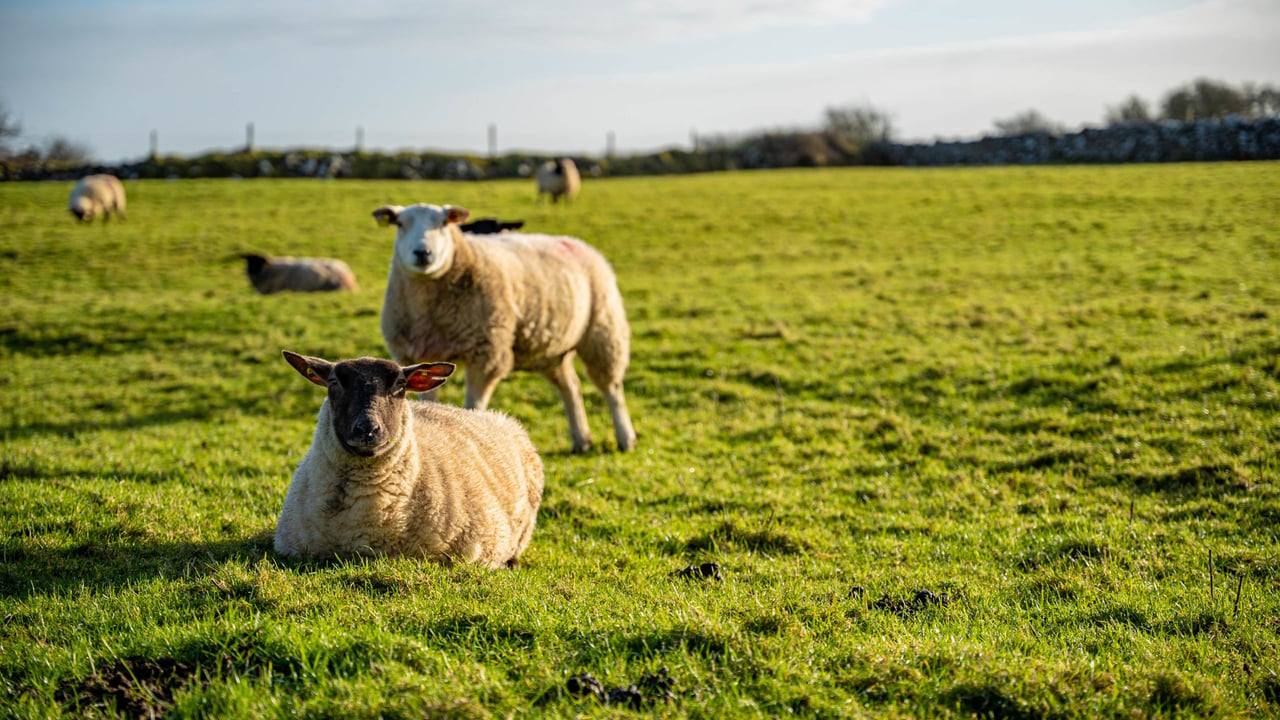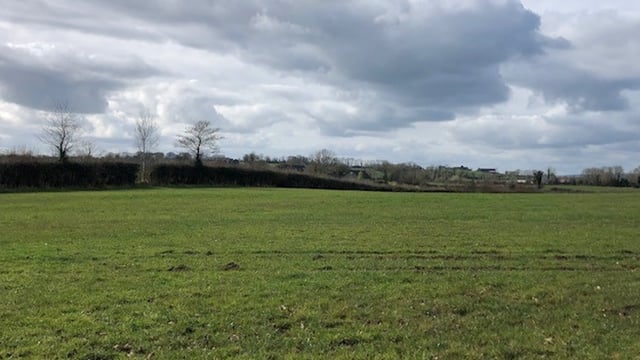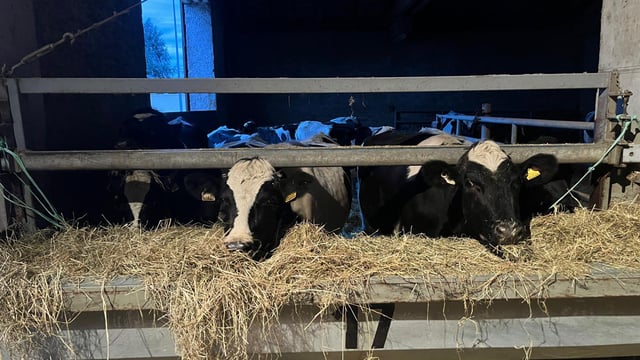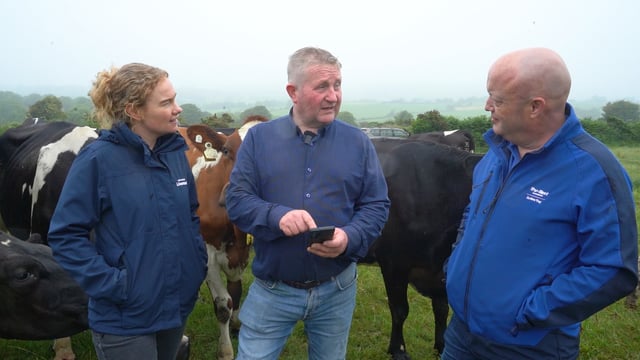DAFM considering accreditation programme for MV sheep disease
The Department of Agriculture, Food and the Marine is currently considering the development of an accreditation programme to certify freedom from the sheep disease maedi visna (MV) virus.
MV is a viral disease of sheep affecting the respiratory system and the mammary gland (udder).
Minister for Agriculture, Food and the Marine Charlie McConalogue said that his officials are "currently reflecting" on the possible development of "some form of an accreditation programme" for MV in the context of a wider sheep health programme.
The minister said this would provide assurance to pedigree sheep breeders here who wish to export their sheep to the UK and Europe.
The minister made the comment in response to a parliamentary question from fellow Fianna Fáil TD Jackie Cahill.
Cahill had asked the minister if compensation would be paid to a farmer who was forced to destock their ewes due to MV being present in their flock.
The minister said that there is no statutory control programme or compensation scheme in place for any affected flock, and there are currently no plans for such.
MV is a notifiable disease in Ireland, in order to signal any change in risk to farmers, and as a support to international trade.
"The department carries out an annual survey of cull ewes to provide evidence of disease freedom and to support trade assurances," the minister said.
Breeding sheep imported into Ireland are tested for MV and the owners of infected sheep are advised to cull or return any positive animals.
The disease is not listed in EU animal health law, and trade in live sheep in the EU takes place without the need for any official attestation regarding MV.
However, it is a private industry requirement in several EU member states and the UK that imported breeding sheep be free of MV.
Freedom from MV is not a condition which requires health certification for intra-EU trade in sheepmeat. However, it is a condition for trade in sheepmeat for a number of third (non-EU) countries.





